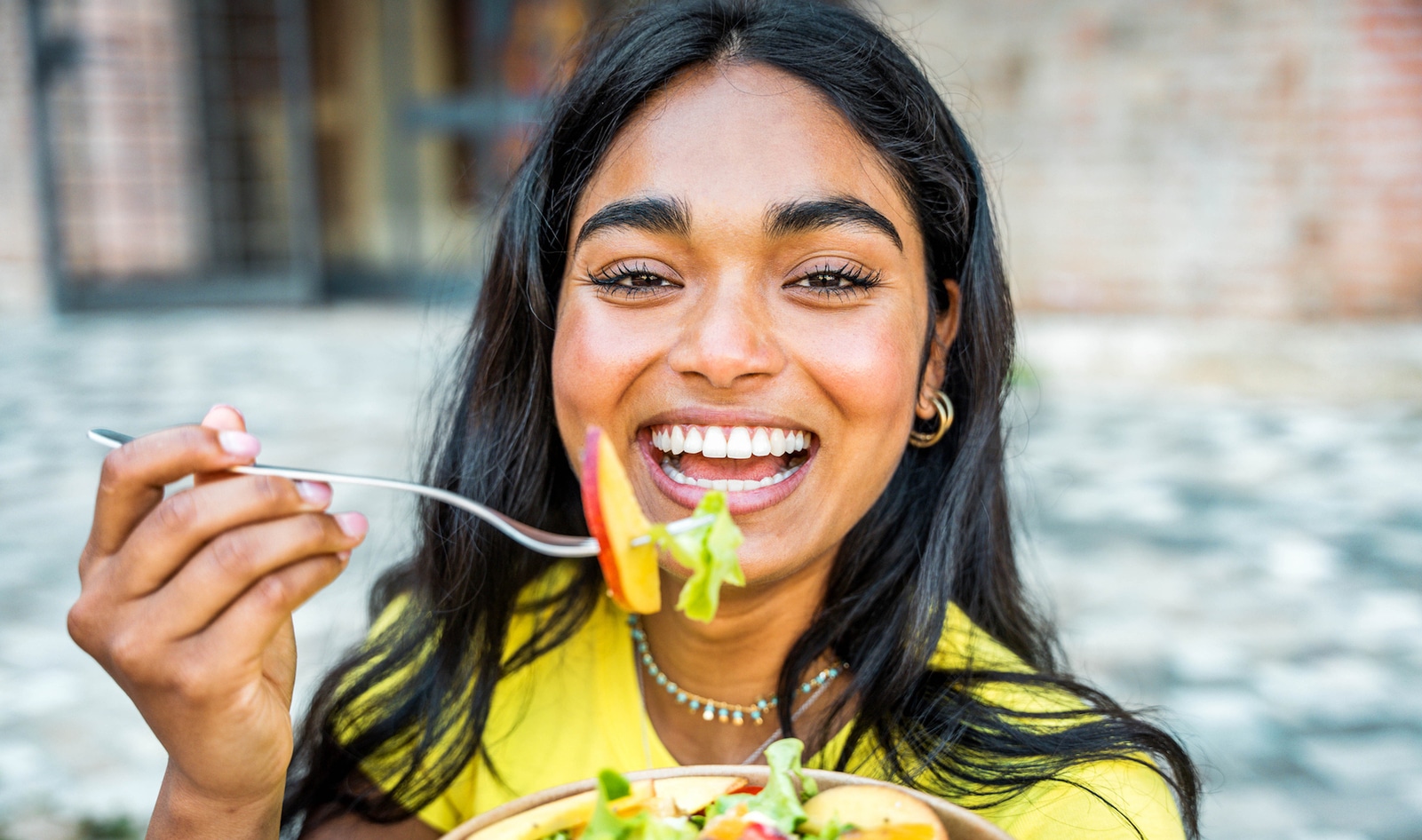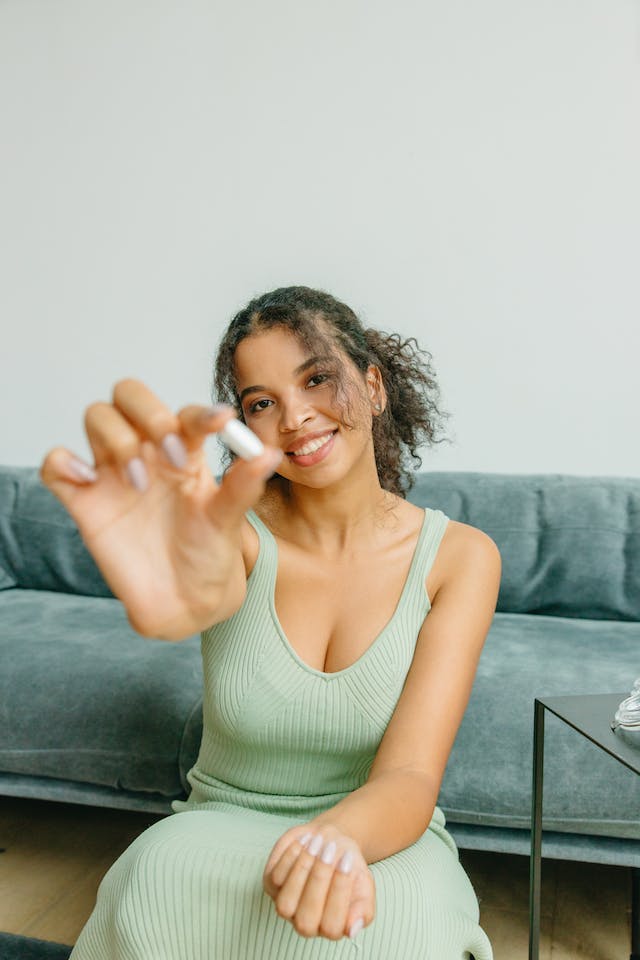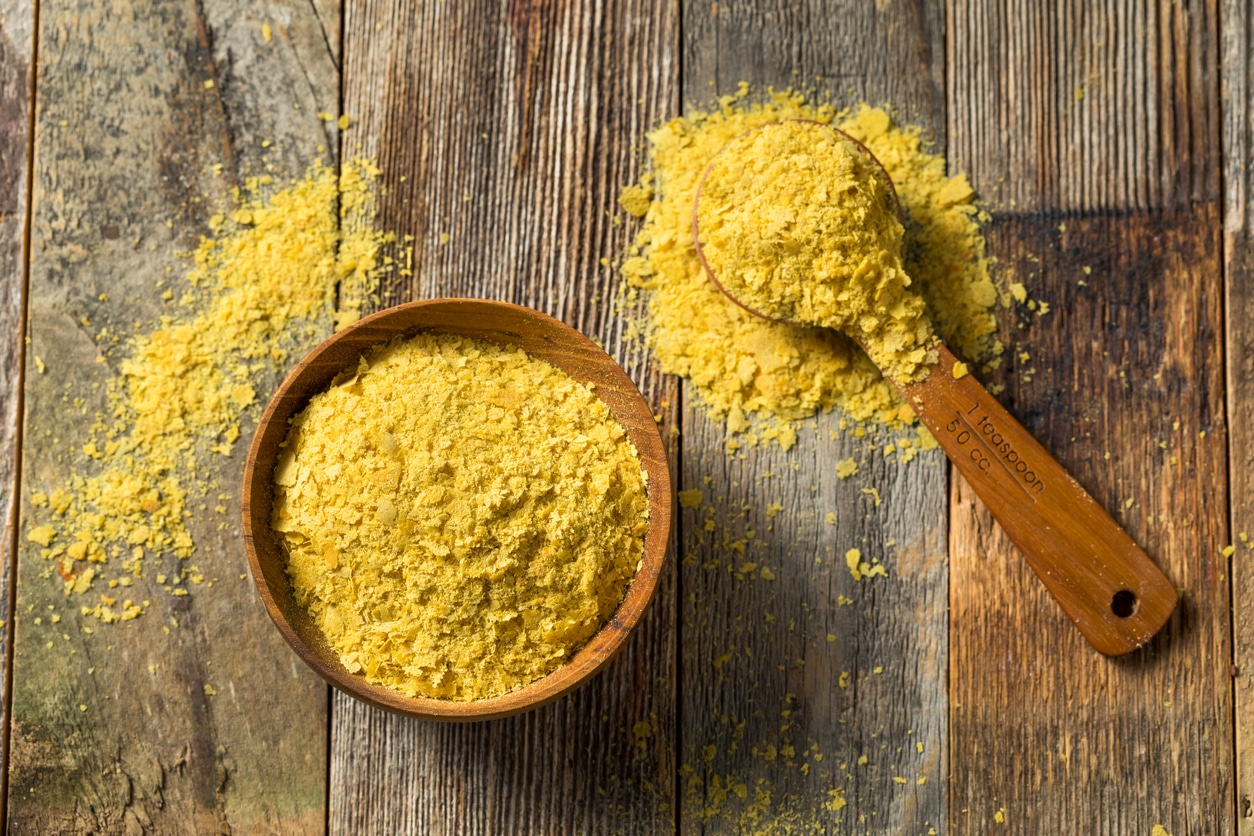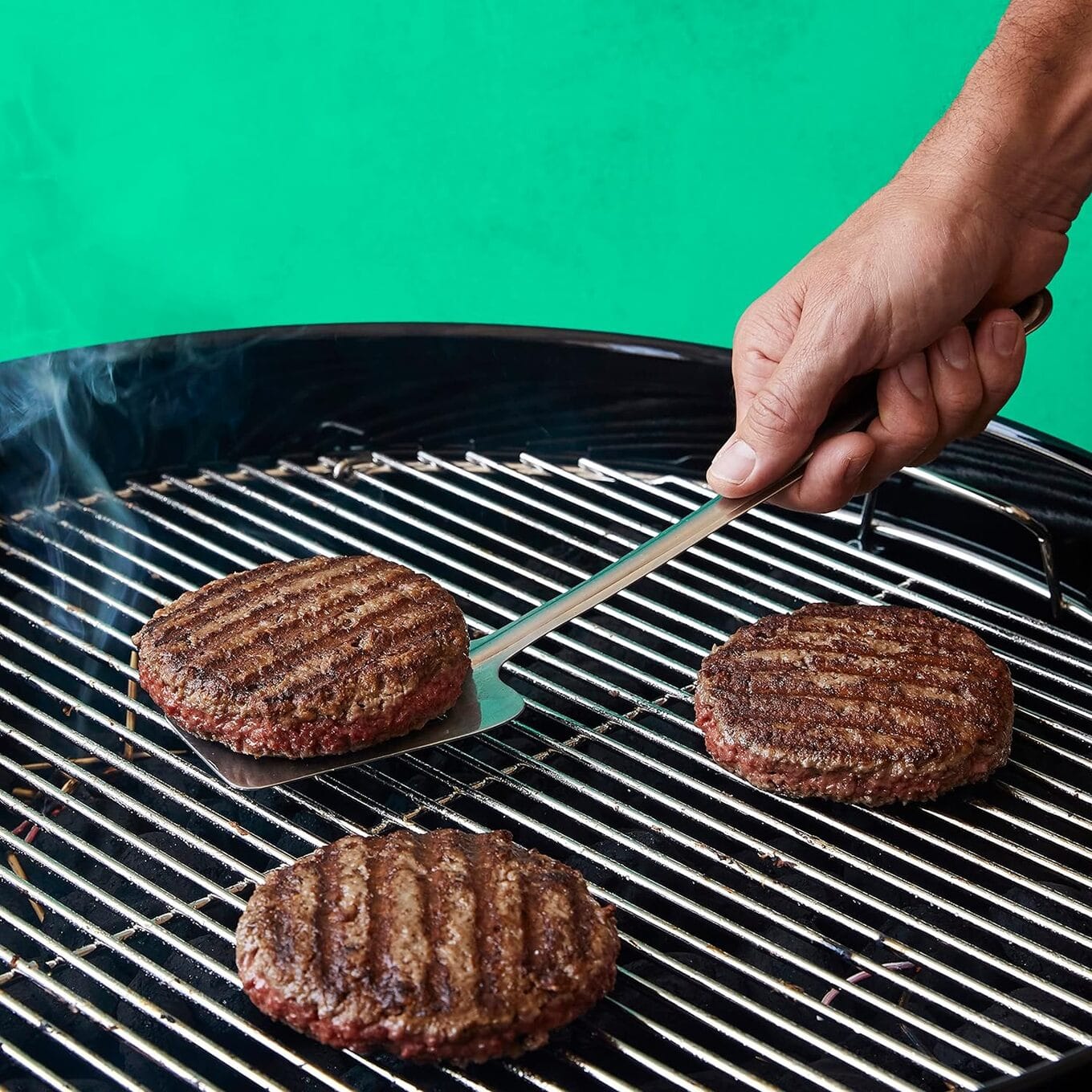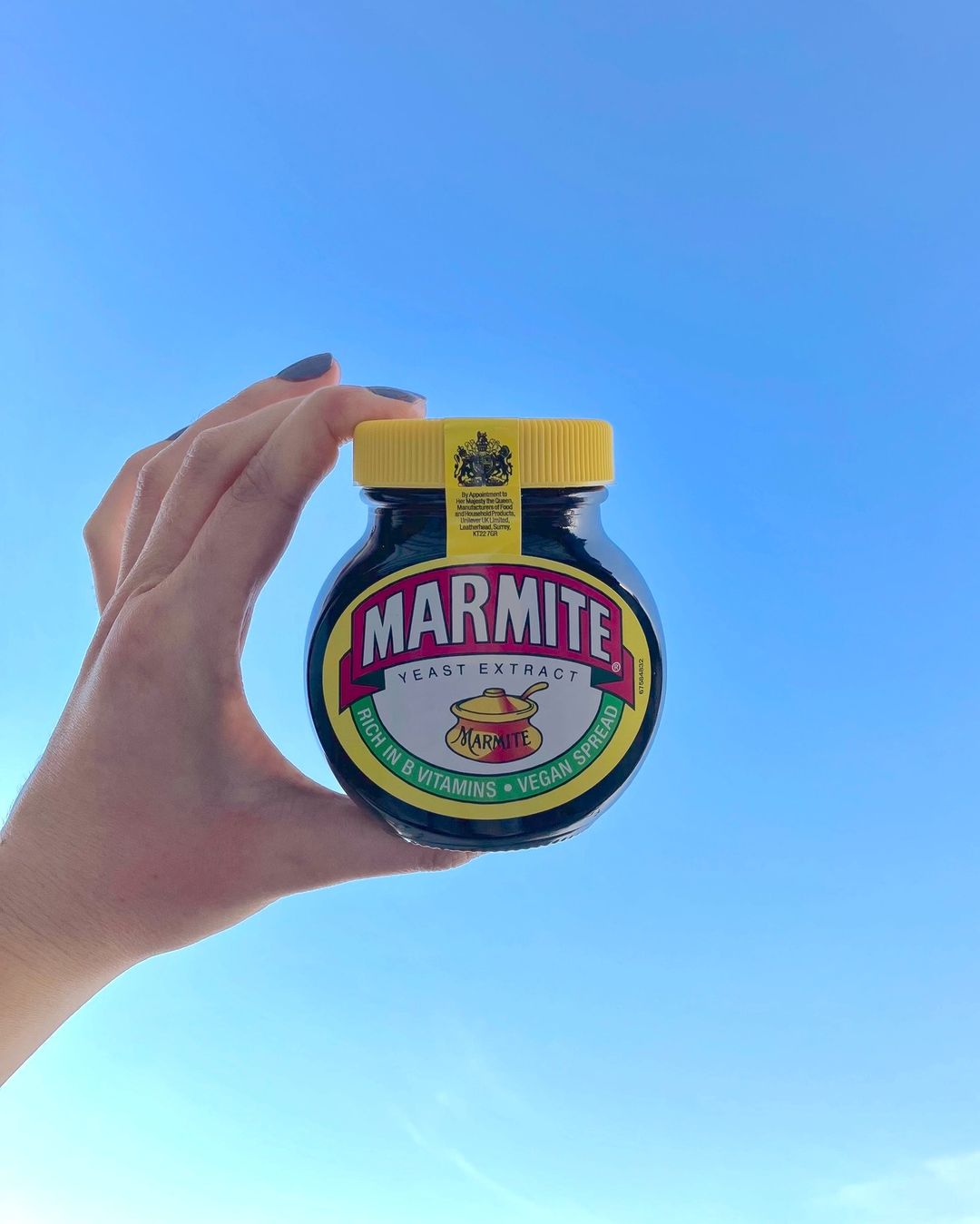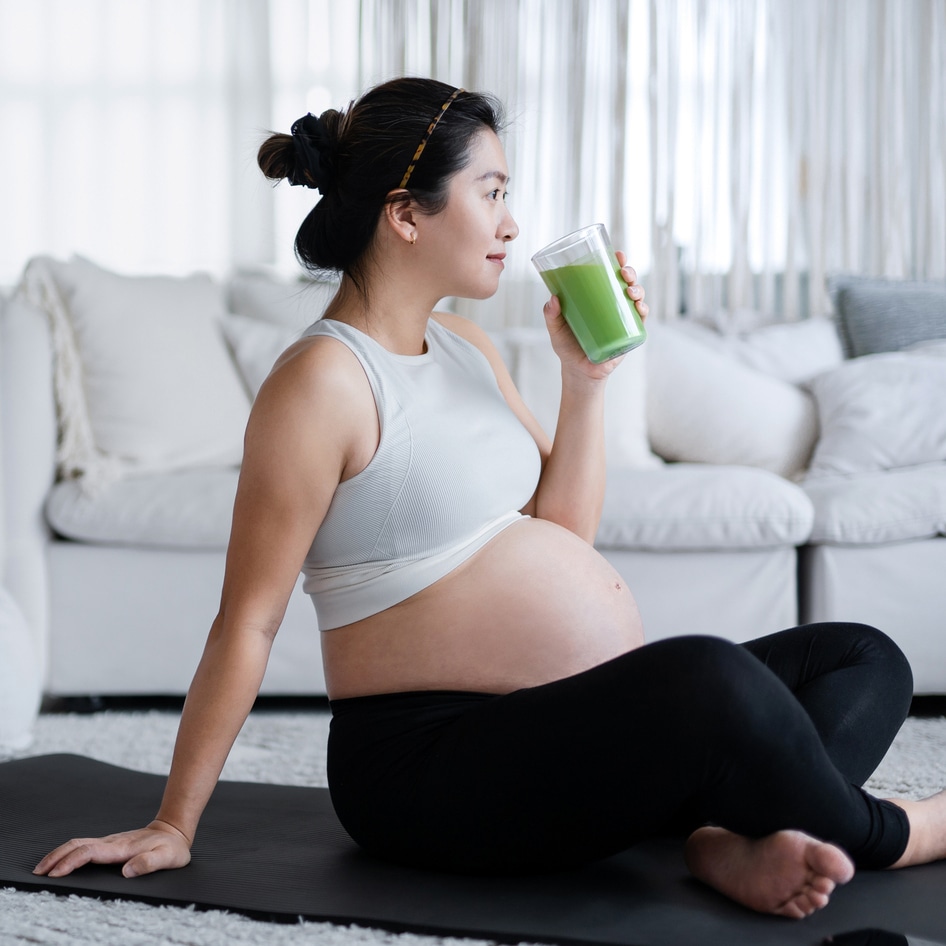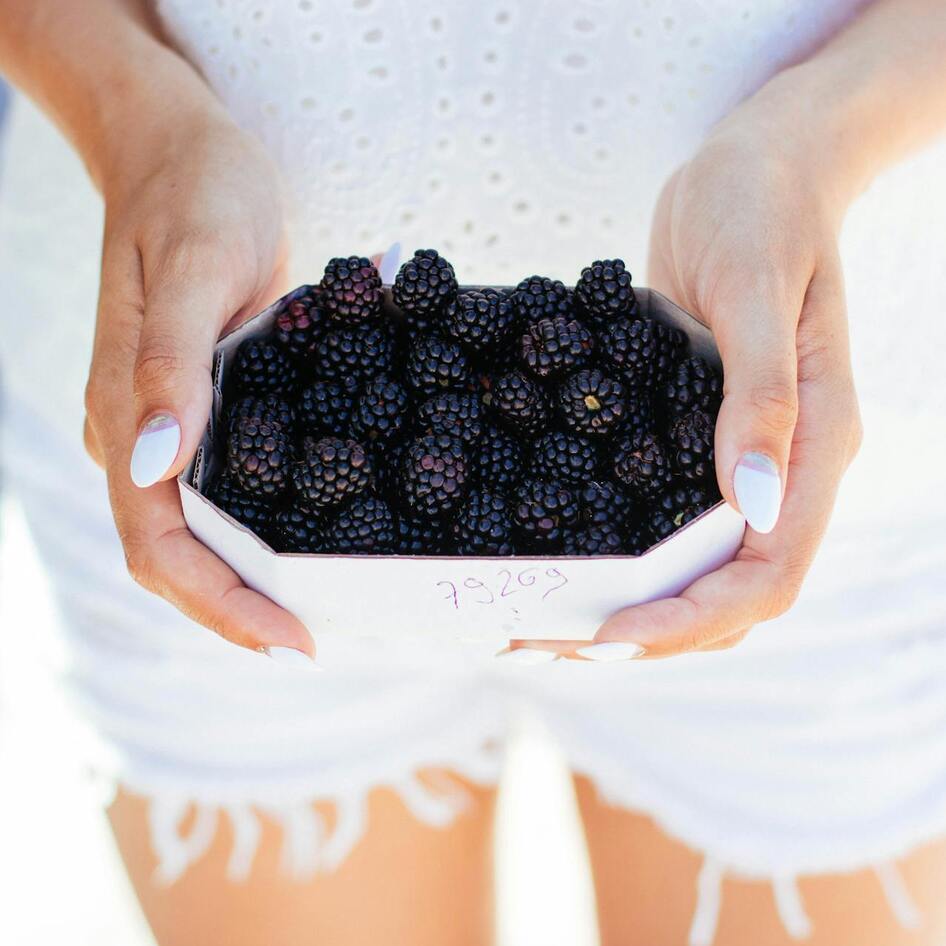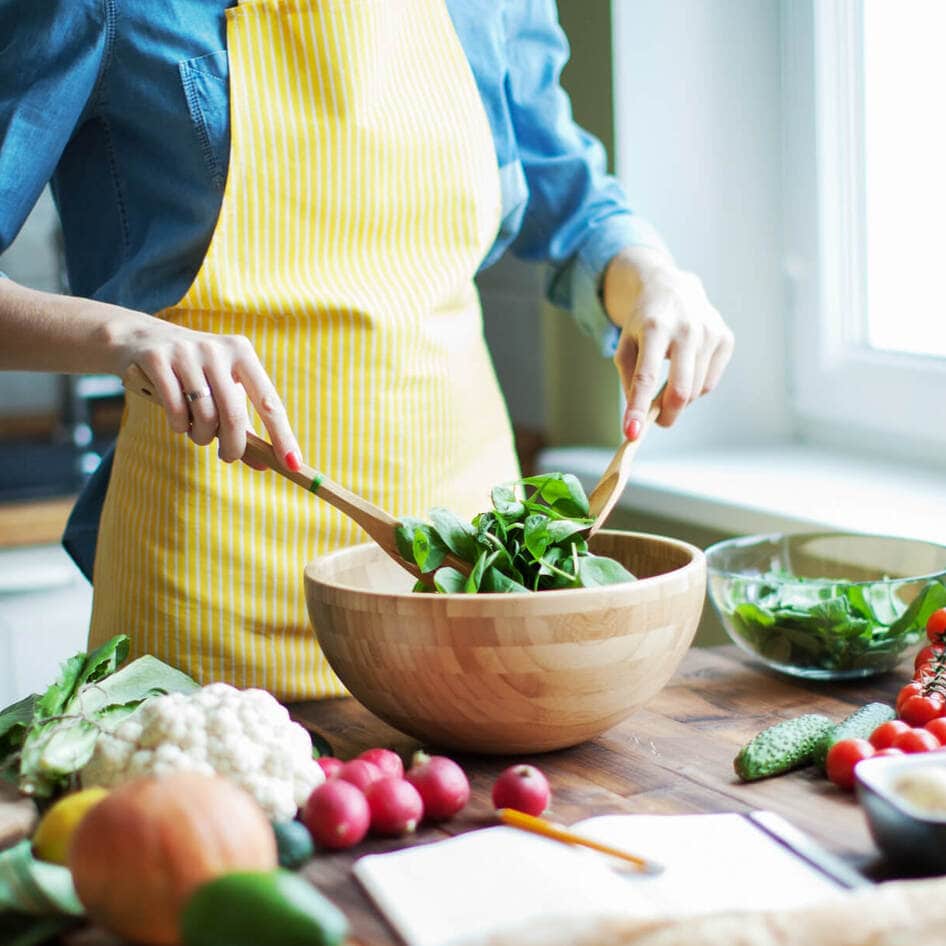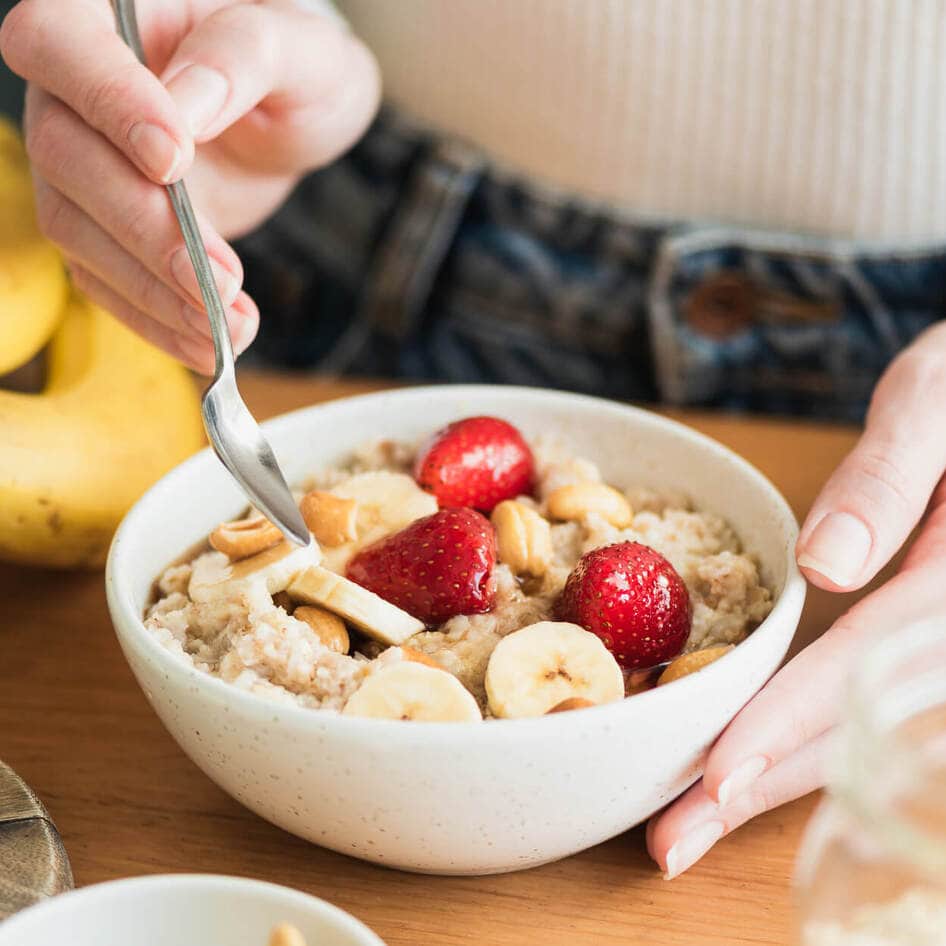A growing body of research confirms that plant-based diets are good for us, especially if they are rich in whole foods. Fruits, vegetables, pulses, nuts, and grains are nutrient-dense, and eating them regularly is linked with a plethora of health benefits, including a reduced risk of chronic disease.
But nothing is perfect. While plant foods give us so much, many can’t give us one important nutrient: vitamin B12. However, that doesn’t mean you have to rush out to buy animal products because the good news is there are plenty of fortified, healthy vegan products on the market that are rich in this crucial nutrient. Here’s what you need to know about getting enough vitamin B12—without meat, dairy, or eggs.
What does vitamin B12 do for the body?
Vitamin B12, which is also known as cobalamin, plays several important roles in the body. It supports red blood cell formation, maintains healthy nerve cells, and plays a role in the synthesis of DNA. It can also help to metabolize fats and proteins and maintain heart health, and it even plays a role in mood regulation, too. So suffice to say, it’s important. Deficiency may lead to various health problems, including anemia, neurological disorders, fatigue, and weakness.
Is hard to get vitamin B12 on a vegan diet?
The recommended daily intake for vitamin B12 is 2.4 micrograms for people aged over 14 (this is a minuscule amount, around one ten-millionth of an ounce, for context). While the nutrient is naturally present in many animal products, many people, not just vegans, still struggle to get enough. Research suggests that more than a quarter of Americans may have a mild B12 deficiency (because the body can store B12 for several years, severe deficiencies are rare).
 Cottonbro Studio/Pexels
Cottonbro Studio/Pexels
Without consuming fortified foods or supplements, it’s important to note it is not possible to get enough vitamin B12 on a vegan diet. “The only reliable vegan sources of B12 are foods fortified with B12 … and B12 supplements,” confirms The Vegan Society. But as long as you consume these regularly, you can get everything you need from a plant-based diet, including plenty of B12.
5 tips for getting enough vitamin B12 on a vegan diet
If you’re concerned about your vitamin B12 intake, these five easy tips can help ensure you’re getting enough of this essential nutrient.
BECOME A VEGNEWS VIP: Get exclusive product deals, freebies, and perks galore!
1 When it comes to supplements, avoid spirulina
There are many different vegan B12 supplements on the market, but it’s important to be mindful when choosing the right one. Many feature B12 made from spirulina, for example, but some experts do not consider this to be a reliable source of B12. This is because spirulina contains pseudovitamin B12, which may not be biologically available to humans. More reliable natural algae sources may include nori and chlorella, but it’s important to note that research is still ongoing in this area. Right now, to ensure you’re getting enough B12, many experts maintain the best supplements are those that contain hydroxocobalamin or methylcobalamin. These are both natural forms of vitamin B12 that have been synthesized through bacterial fermentation.
Find it here
2 Cook with nutritional yeast
Nutritional yeast is a form of deactivated yeast that has been grown on a nutrient-rich medium, like sugar cane, for example. It sounds a little strange, but it actually has a pleasant savory, nutty, cheesy flavor, and is a great umami-rich ingredient often used in vegan cooking (find out more about how to use it with our guide!). It’s also a good source of nutrients, including vitamin B12. In fact, just two tablespoons of nutritional yeast every day gives you enough of the nutrient. But there is a catch, not all varieties on the market are fortified. If you’re relying on nutritional yeast as a source of vitamin B12 in your diet, it’s essential to check the label first before you buy.
Find it here
3 Eat veggie burgers
If you’re in the mood for a meaty burger, these days, you have plenty of options. Plant-based meat brands like Beyond Meat, Impossible Foods, and Moving Mountains all offer beef-like patties that are not just packed with protein, but contain vitamin B12, too. Speaking about the Beyond Burger, specifically, Stefani Sassos, RDN, told Good Housekeeping, “The newest version is packed with vitamins and minerals, most notably providing 20 percent of the daily value for iron and 100 percent of the daily value for vitamin B12, which are two nutrients of concern for vegans and vegetarians.” That said, it’s best not to rely on these sorts of burgers every day for your B12. While research suggests they are healthier than their animal-based counterparts, they are still ultra-processed foods, and most studies confirm that a diet rich in plant-based whole foods is best for our health.
Find it here
4 Choose fortified dairy-free options for your coffee, cereal, and smoothies
Just like some vegan meat products, dairy-free alternatives, like some vegan yogurt and milk products, can also be a good source of vitamin B12. Make sure to check the label first, as this is certainly not a given, but products like Oatly Barista and So Delicious Unsweetened Vanilla—both of which are delicious in smoothies, for example—contain the nutrient.
Find it here
5 Indulge in the British classic: Marmite on toast
Marmite, a thick, dark brown, salty, tangy paste made from yeast extract, is popular in the UK. It has been a staple condiment in British households for decades. But this iconic spread—known for its distinctive, polarizing taste and a “Love it or hate it” slogan—isn’t just delicious on toast (if you’re in the “love it” camp), it’s also a good source of B vitamins, including B12. In fact, one single five-gram serving offers around 25 percent of the recommended daily intake.
Find it here
For more on vegan nutrition, read:
JUMP TO ... Latest News | Recipes | Guides | Health | Subscribe
Here at VegNews, we live and breathe the plant-based lifestyle, and only recommend products we feel make our lives amazing. Occasionally, articles may include shopping links where we might earn a small commission, but in no way does this effect the editorial integrity of VegNews.

